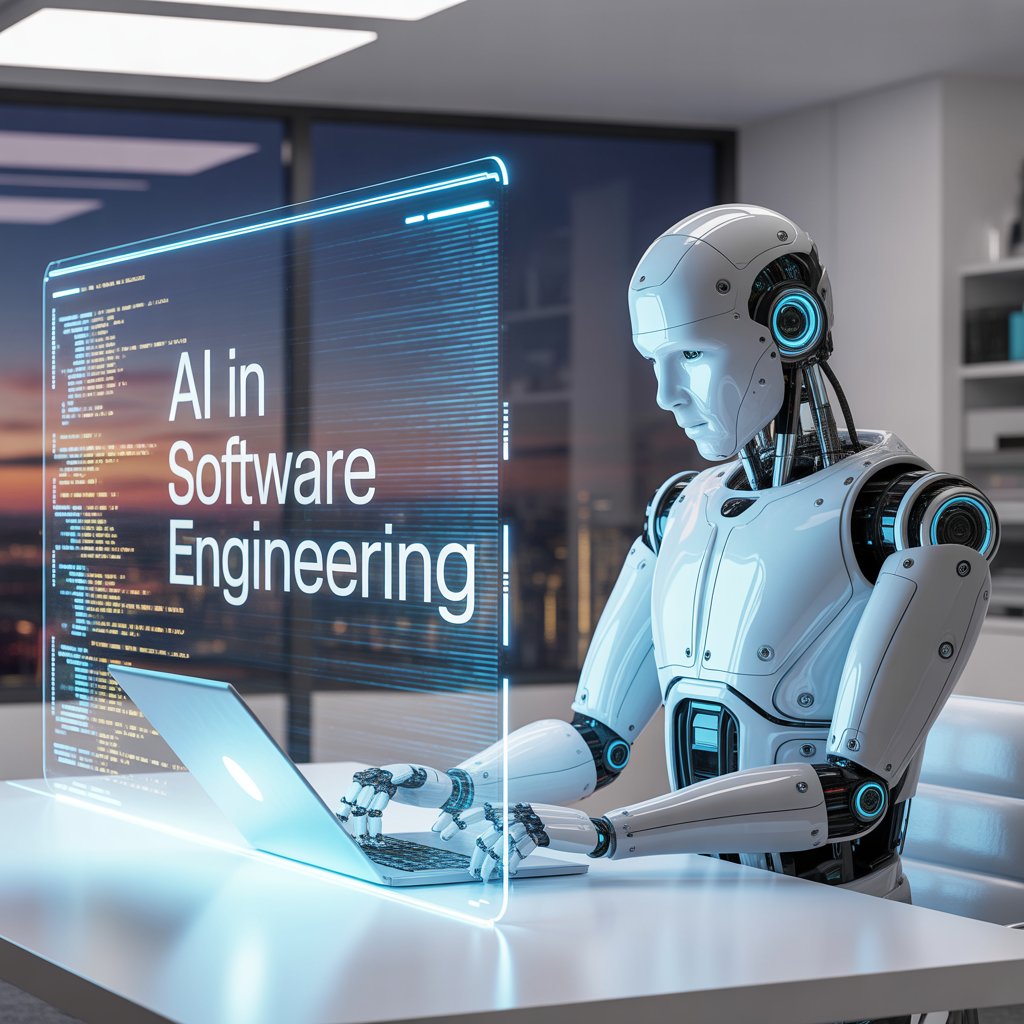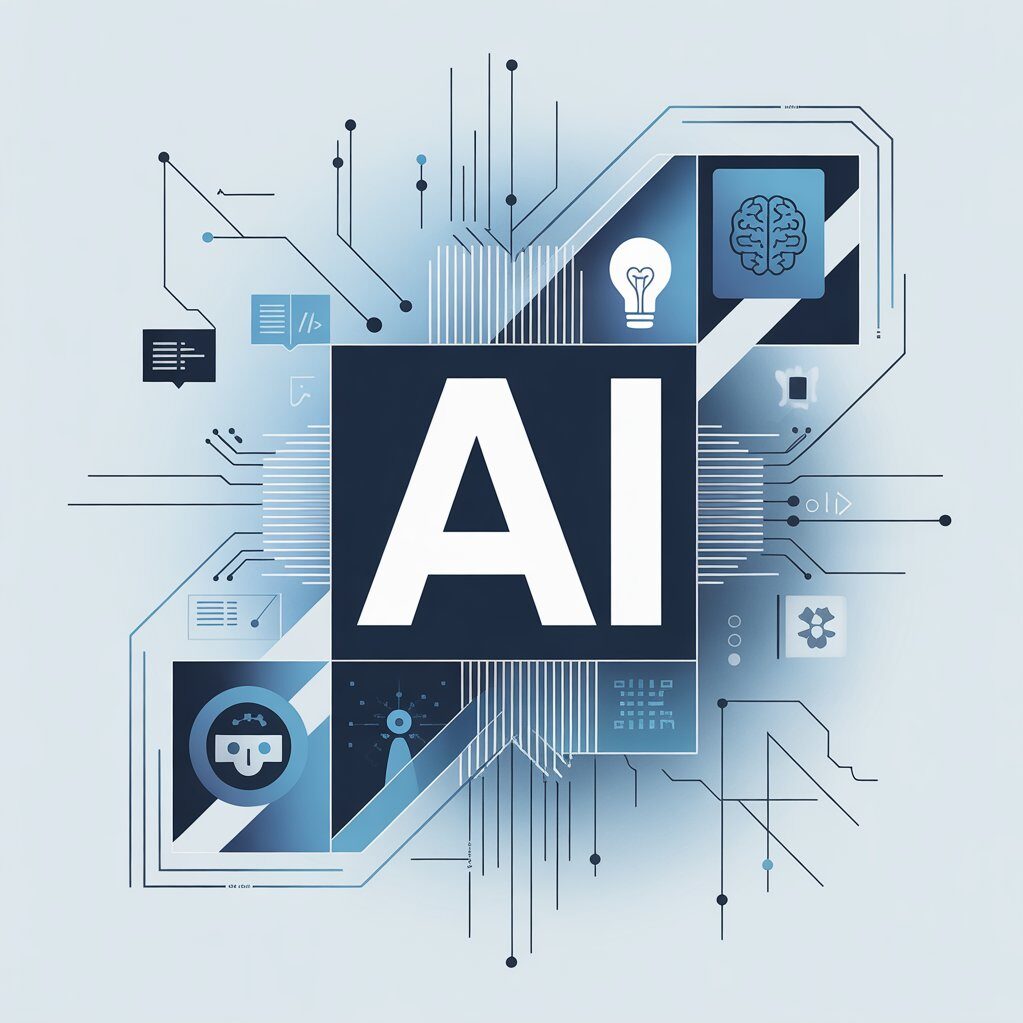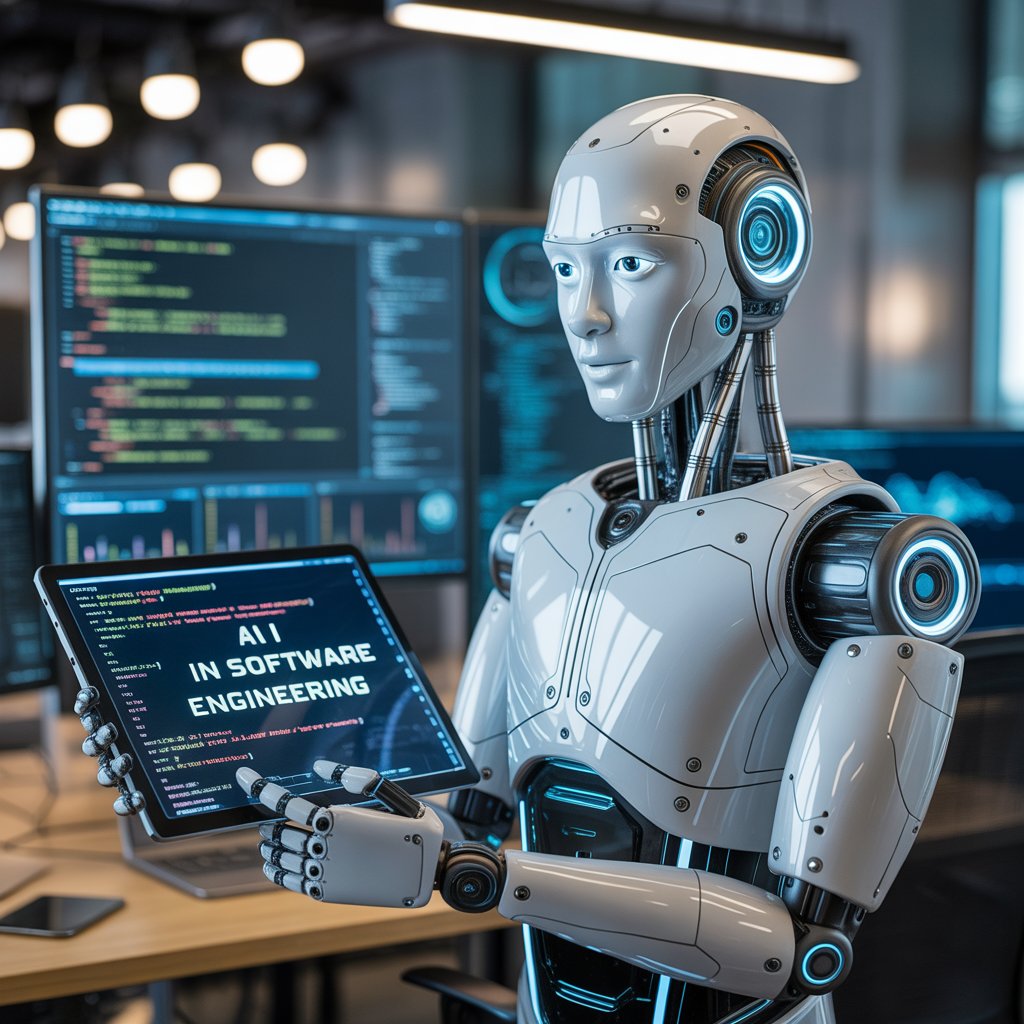AI in software engineering refers to the use of artificial intelligence technologies—like machine learning, natural language processing, and generative AI—to automate, optimize, and enhance various stages of the software development lifecycle. Today, AI tools are not just optional add-ons; they are becoming integral to how software is designed, built, tested, and maintained.
Table of Contents
How AI Helps Software Engineers
Automated Code Generation
AI-powered tools such as GitHub Copilot and OpenAI Codex can generate code snippets, complete functions, and even write entire modules based on natural language prompts. This automation saves developers time on boilerplate code and allows them to focus on more complex, creative tasks.
- Faster prototyping: AI can quickly generate working prototypes from user stories or requirements.
- Reduced human error: Automated code generation minimizes common mistakes, resulting in cleaner code.
Intelligent Debugging and Testing
AI-driven debugging tools analyze codebases to identify bugs, vulnerabilities, and inefficiencies. Machine learning models can predict error-prone areas, suggest fixes, and even automate the testing process.
- Automated test case generation: AI creates and runs tests, ensuring robust coverage.
- Predictive bug detection: AI predicts where bugs are likely to occur, helping engineers fix issues before they impact users.
Code Optimization and Refactoring
AI analyzes large codebases to identify areas for optimization, refactoring, and performance enhancement. These insights help software engineers write faster, more efficient code and maintain high standards across projects.
- Performance tuning: AI suggests optimizations for speed and resource usage.
- Continuous improvement: AI tools monitor deployed applications, recommending ongoing enhancements.
Enhanced Project Management
AI assists with project planning, resource allocation, and risk assessment. By analyzing historical data and current project metrics, AI helps teams predict project timelines, allocate resources efficiently, and prioritize tasks.
- Smarter scheduling: AI forecasts project milestones and delivery dates.
- Resource optimization: AI identifies bottlenecks and suggests reallocation for maximum productivity.

How AI Is Changing the Software Engineering World
Shifting Developer Roles
AI is transforming software engineers from code implementers to technology orchestrators. With AI handling routine tasks, engineers can now focus on higher-level challenges like system architecture, integration, and strategic decision-making.
Accelerating Innovation
By automating repetitive tasks and providing intelligent insights, AI accelerates the entire software development lifecycle. This leads to faster innovation, shorter release cycles, and higher-quality products.
Democratizing Software Development
AI-powered tools lower the barrier to entry for non-developers. With natural language code generation and user-friendly interfaces, more people can participate in software creation—even without deep programming knowledge.
Improving Software Quality and Security
AI continuously monitors code for vulnerabilities, enforces best practices, and suggests security improvements. This proactive approach leads to more secure and reliable software
Advantages of AI in Software Engineering
| Advantage | Description |
|---|---|
| Increased Productivity | Automates repetitive tasks, freeing engineers for creative and complex problem-solving. |
| Enhanced Code Quality | AI tools catch bugs and enforce best practices, resulting in cleaner, more reliable code. |
| Faster Time-to-Market | Accelerates development cycles through automation and intelligent suggestions. |
| Cost Savings | Reduces manual labor and operational costs by streamlining processes. |
| Continuous Improvement | AI monitors live systems and recommends ongoing optimizations and bug fixes. |
| Data-Driven Decisions | Analyzes user data and project metrics for smarter decision-making. |
| Personalized Learning | AI-powered platforms help engineers upskill with tailored recommendations and feedback. |
Disadvantages of AI in Software Engineering
| Disadvantage | Description |
|---|---|
| High Initial Investment | Implementing AI tools requires significant upfront costs in hardware, software, and training. |
| Limited Creativity | AI excels at pattern recognition but may struggle with innovative or out-of-the-box solutions. |
| Potential Bias | AI systems can inherit biases from training data, leading to inaccurate or unfair outcomes. |
| Dependence on AI | Over-reliance on AI can erode critical thinking and problem-solving skills among engineers. |
| Security Risks | AI-generated code may introduce vulnerabilities if not properly validated. |
| Intellectual Property | AI-generated code can raise concerns about copyright and ownership. |
| Integration Challenges | Adapting AI tools to legacy systems or unique workflows can be difficult. |
Conclusion: The Future of AI in Software Engineering
AI is fundamentally reshaping the software engineering world. By automating routine tasks, enhancing code quality, and enabling smarter decision-making, AI empowers engineers to innovate and deliver better software faster. However, it’s crucial to balance the advantages with the potential drawbacks—such as high costs, bias, and over-reliance on automation.
The future of software engineering lies in effective collaboration between human engineers and AI systems. As AI continues to evolve, software engineers who embrace these tools—and maintain their creativity and problem-solving skills—will lead the next wave of technological innovation.
FAQs on AI in Software Engineering
Q1: Can AI replace software engineers?
AI can automate many tasks, but human engineers are still essential for creative problem-solving, system design, and ethical decision-making.
Q2: What are the most popular AI tools for software engineers?
Popular tools include GitHub Copilot, OpenAI Codex, DeepCode, and AI-powered testing platforms.
Q3: How can I start using AI in my software projects?
Begin by integrating AI-powered code assistants, automated testing tools, and project management platforms into your workflow. Upskill with online courses on AI and machine learning for software engineers.
Q4: What are the risks of using AI in software engineering?
Risks include biased outcomes, security vulnerabilities, and potential loss of critical thinking skills if overused.
Q5: Will AI make software development easier for beginners?
Yes, AI-powered tools and natural language interfaces are lowering the barrier to entry, making it easier for beginners to learn and contribute to software projects.
By understanding both the opportunities and challenges of AI in software engineering, you can harness its power to build better, smarter, and more secure software for the future.

